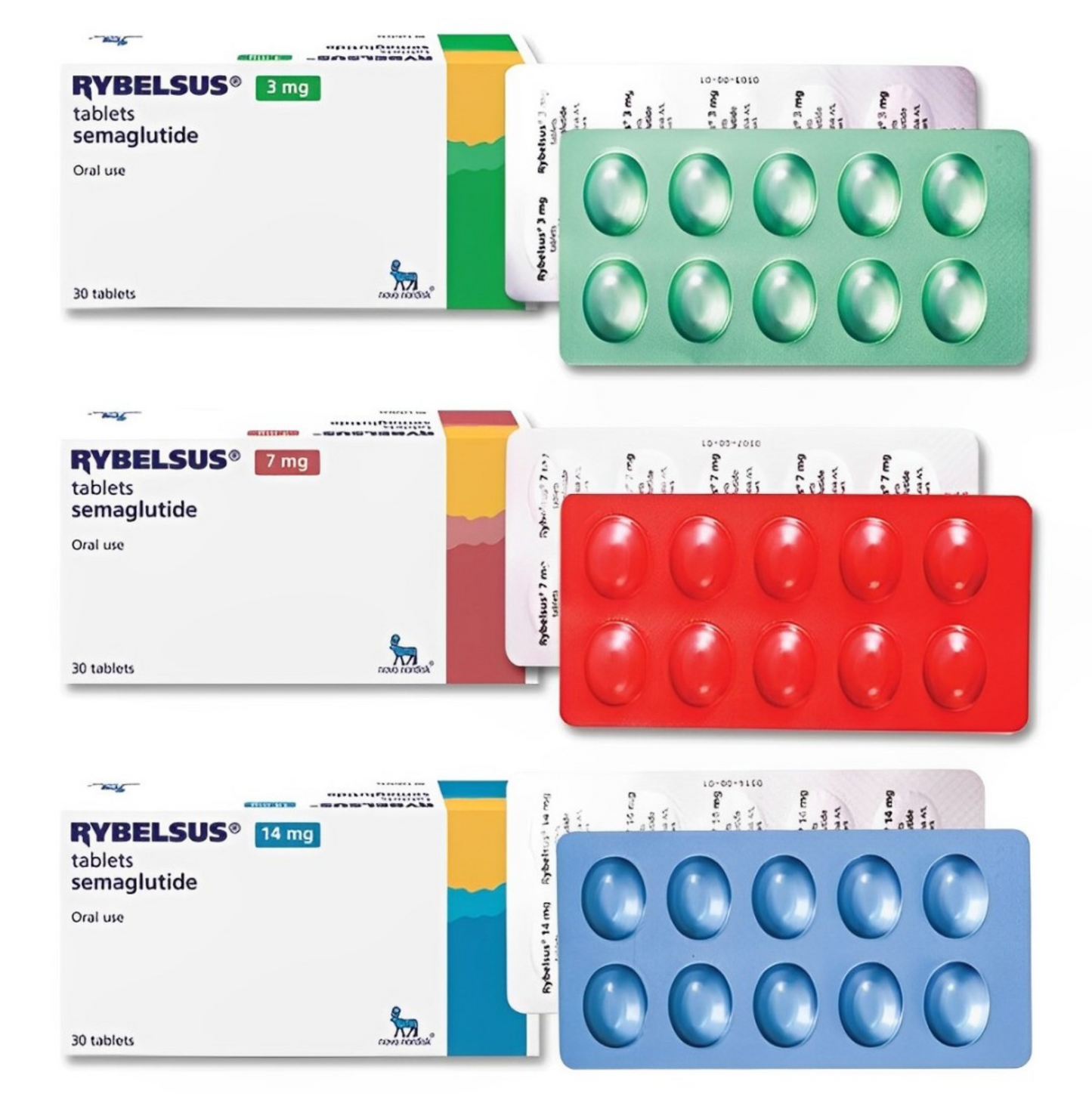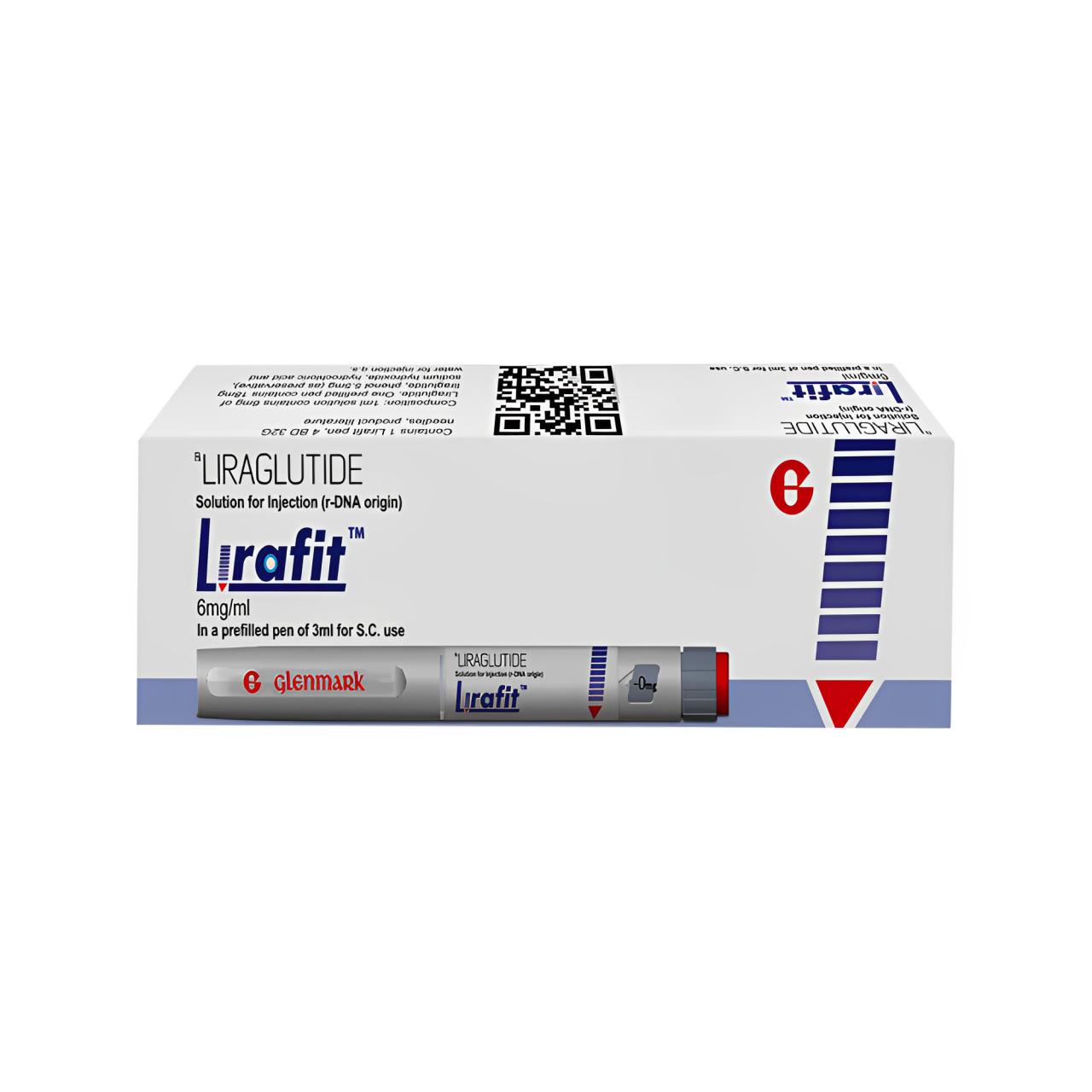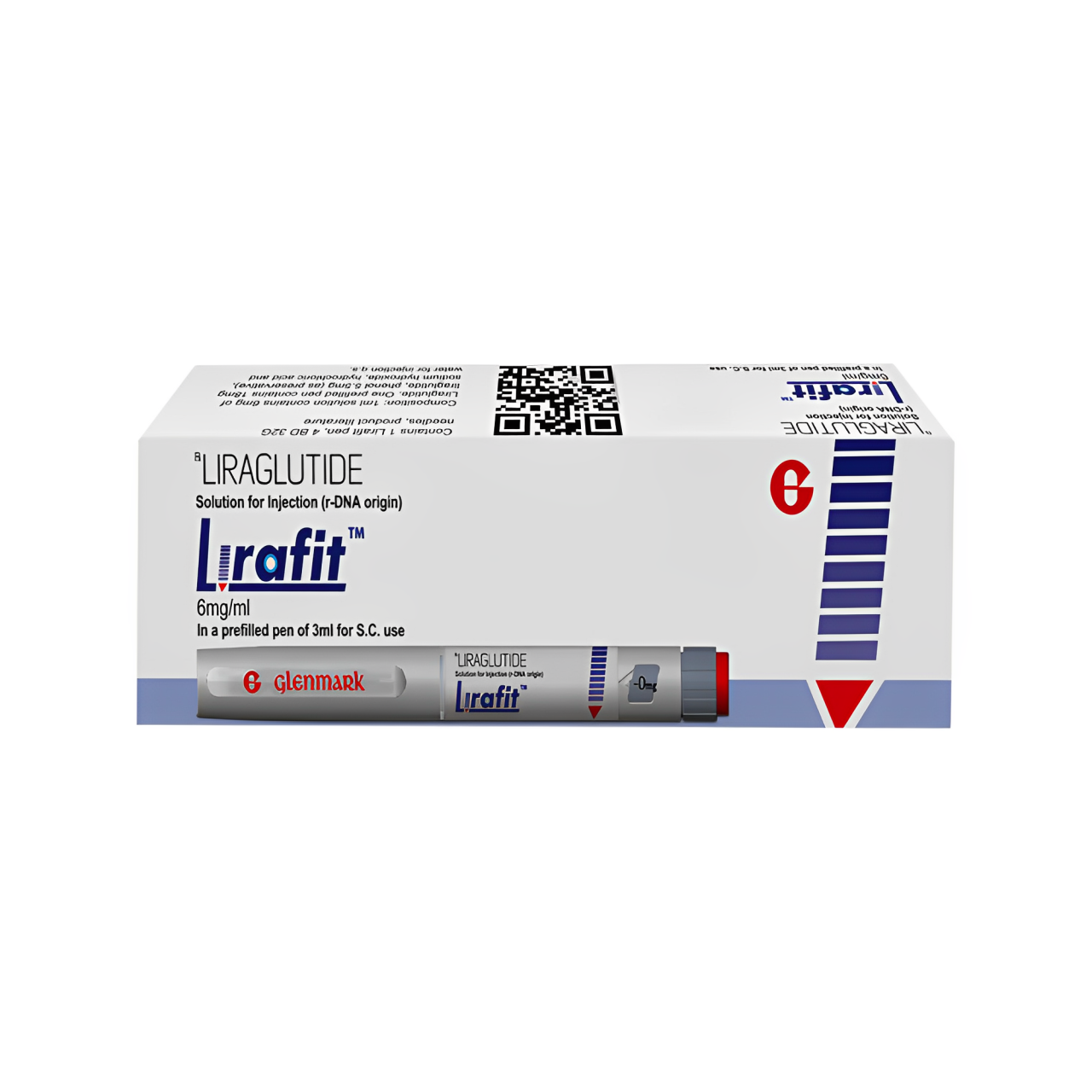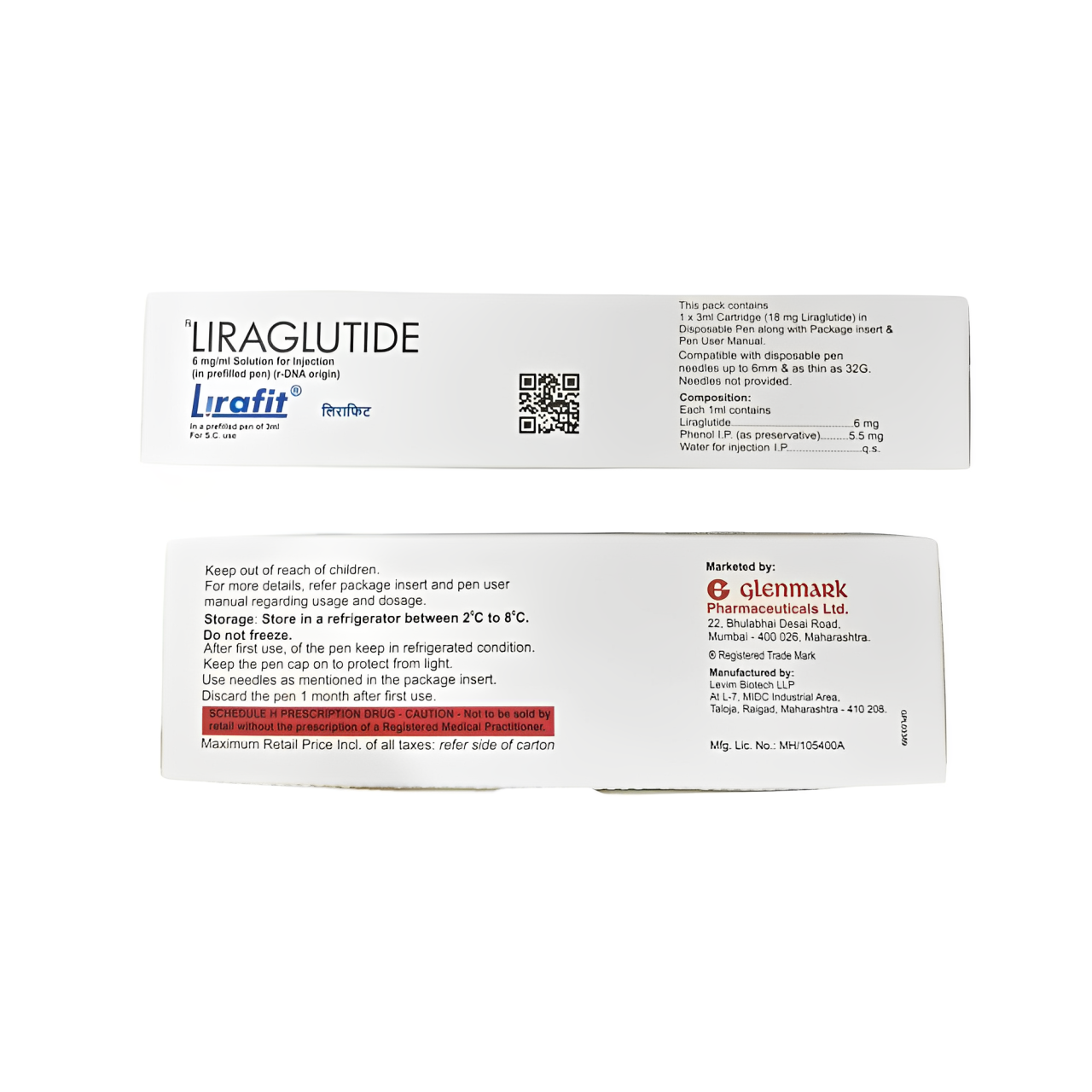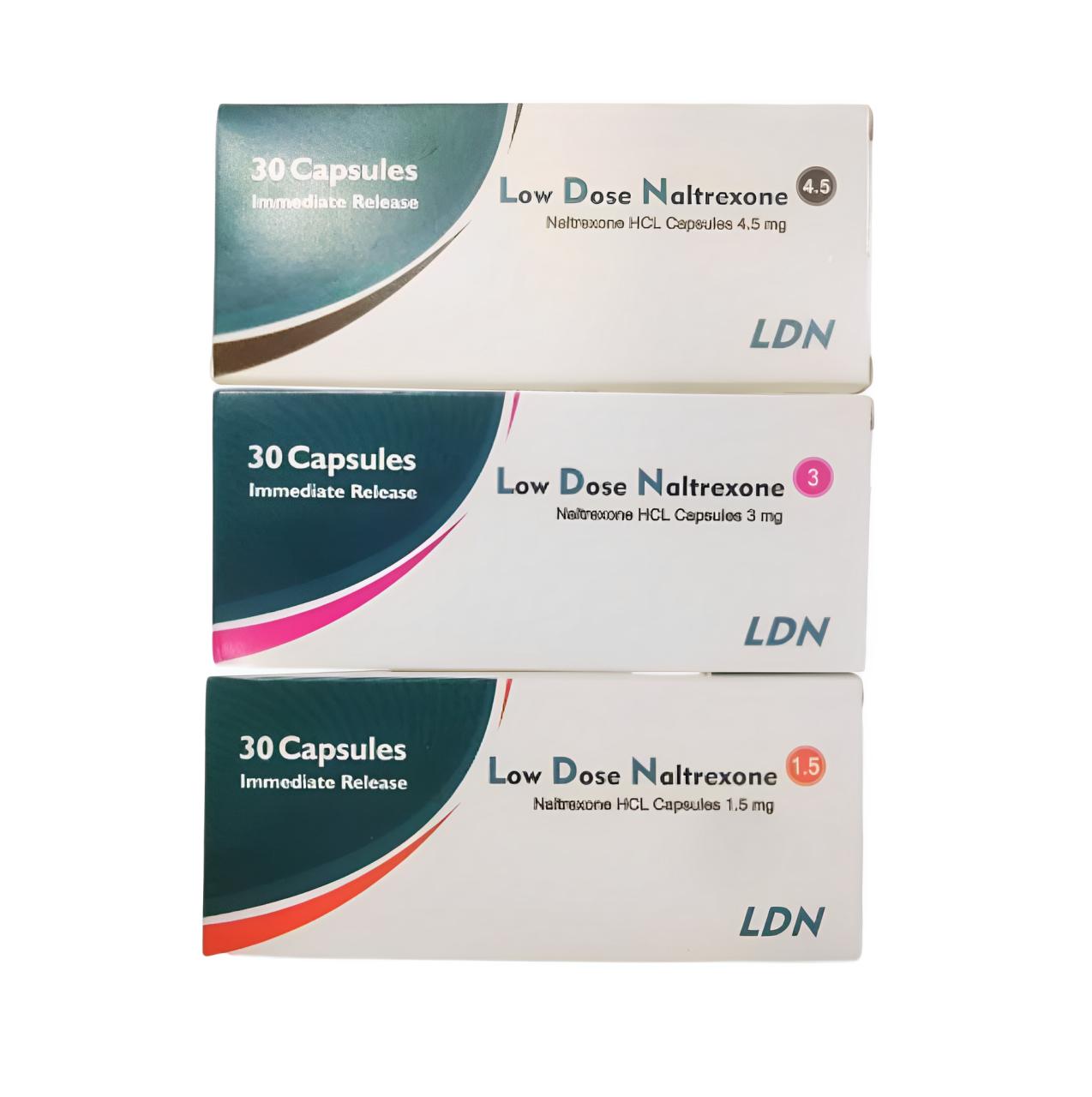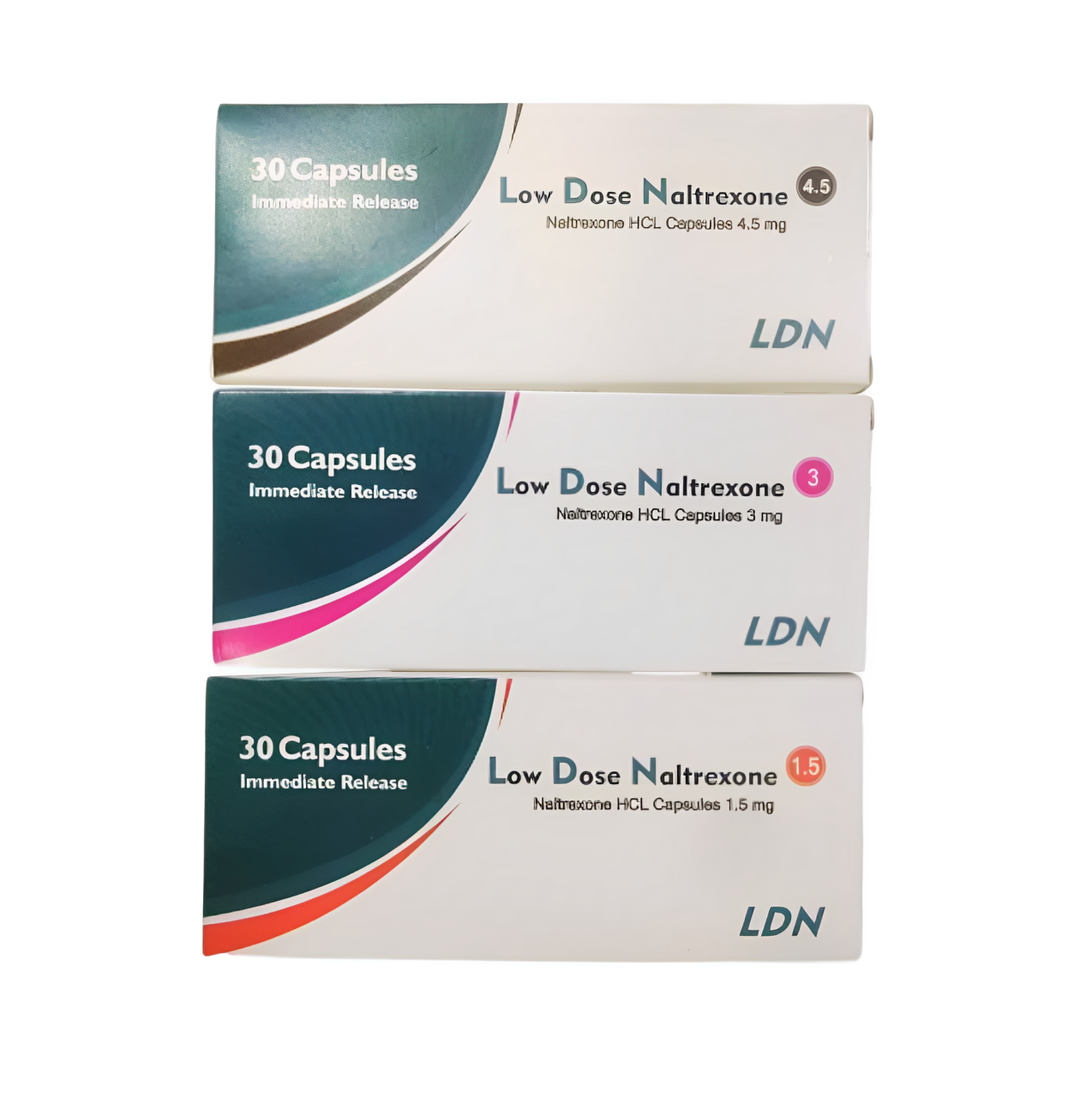"T4 levothyroxine medication becomes largely irrelevant. If the body cannot convert T4 into T3, no matter how much T4 is taken, it will not effectively address the symptoms related to hypothyroidism and low T3 levels. For these individuals, T3 liothyronine becomes the critical solution to restore proper thyroid hormone balance."
Heart problems can arise when the body is unable to effectively convert T4 (thyroxine) into T3 (triiodothyronine), the active form of thyroid hormone. T3 plays a critical role in regulating metabolism, including heart function. When T4 conversion is impaired, it can lead to a range of cardiovascular issues that may worsen over time if not addressed.
The Impact on T4 to T3 Conversion
- Under normal circumstances, the thyroid produces T4, which is then converted into T3 in the tissues (liver, kidneys, and other organs). This conversion relies on specific enzymes, including type 1 iodothyronine deiodinase (D1) and type 2 iodothyronine deiodinase (D2). Proper functioning of these enzymes is necessary for efficient T4-to-T3 conversion.
- Here’s an in-depth explanation of the relationship between T4-to-T3 conversion, heart problems, and how T3 medication can provide a solution:
The Role of Thyroid Hormones in Heart Function
Thyroid hormones, particularly T3, have a profound impact on cardiovascular health. T3 helps regulate several aspects of heart function, including:
- Heart Rate: T3 helps maintain an appropriate heart rate by influencing the sinoatrial (SA) node, which is responsible for initiating heartbeats. It ensures that the heart beats at a normal rhythm.
- Cardiac Output: T3 increases the strength and efficiency of the heart’s contractions, leading to better circulation and oxygen delivery to tissues.
- Vascular Tone: T3 regulates the tone of blood vessels, influencing blood pressure and ensuring that the cardiovascular system operates efficiently.
- Cholesterol Regulation: Thyroid hormones also help regulate cholesterol levels, as hypothyroidism can lead to higher cholesterol levels, increasing the risk of heart disease.
Problems When T4 Conversion is Impaired
The thyroid produces T4 as its primary hormone, but T4 is largely inactive. It must be converted into T3 in various tissues (especially the liver and kidneys) for the body to use it effectively. When conversion from T4 to T3 is impaired, several cardiovascular issues can occur, including:
- Bradycardia (Slow Heart Rate):
- Inadequate T3 levels can lead to a slower heart rate (bradycardia), as the heart’s natural pacemaker is not functioning optimally without sufficient T3. A slow heart rate can result in poor circulation, fatigue, and dizziness.
- Poor Cardiac Output:
- If the body lacks adequate T3, the heart may not pump blood as effectively, reducing overall cardiac output. This can lead to symptoms like weakness, fatigue, shortness of breath, and cold intolerance, which are common in individuals with hypothyroidism.
- Elevated Cholesterol Levels:
- When T4 does not convert to T3 properly, it can lead to higher levels of LDL (bad) cholesterol, which is a risk factor for atherosclerosis (plaque buildup in the arteries) and heart disease.
- Increased Risk of Heart Failure:
- Chronic low T3 levels, resulting from poor T4-to-T3 conversion, may contribute to the development of heart failure, especially in individuals with existing heart conditions. This can lead to symptoms such as fluid retention, swelling, and difficulty breathing.
- Hypotension (Low Blood Pressure):
- The lack of T3 can cause blood vessels to relax too much, leading to low blood pressure (hypotension). This can result in dizziness, fainting, and overall circulatory inefficiency.
- Arrhythmias (Irregular Heartbeat):
- Inadequate T3 levels can cause electrical disturbances in the heart, leading to arrhythmias or irregular heartbeats. These can be dangerous and require medical attention.
Possible cause of Impaired T4 conversion
- Genetic Factors: Some people have a genetic predisposition that limits their ability to convert T4 into T3 effectively.
- MTHFR mutations: primarily affect folate metabolism and homocysteine levels, these mutations can also indirectly influence thyroid hormone metabolism.
- Chronic Illness: Conditions such as chronic stress, inflammation, or infections can interfere with the body's ability to convert T4 to T3.
- Nutritional Deficiencies: Deficiencies in certain nutrients, like selenium and zinc, can impair the conversion process.
- Medication Interference: Certain medications, like corticosteroids, beta-blockers, and some antidepressants, may inhibit the conversion of T4 to T3.
How T3 Medication Can Solve These Problems
When the body struggles to convert T4 into T3, providing T3 medication (such as liothyronine) directly can address these issues and support heart function in several ways:
- Direct Impact on Heart Rate and Rhythm: T3 directly affects the sinoatrial node and heart muscle cells, helping to restore a normal heart rate and rhythm. This can help combat bradycardia (slow heart rate) and irregular heartbeats that result from T3 deficiency.
- Improves Cardiac Output: T3 increases the strength and efficiency of the heart’s contractions, thereby improving cardiac output. This ensures that oxygen and nutrients are effectively circulated throughout the body, enhancing overall heart and organ function.
- Regulates Blood Pressure: By helping to normalize blood vessel tone, T3 medication can restore healthy blood pressure levels. This is particularly important for those with hypotension (low blood pressure) or hypertension (high blood pressure) caused by thyroid hormone imbalance.
- Corrects Cholesterol Imbalances: Since T3 plays a role in cholesterol metabolism, adding T3 to the treatment plan can help reduce LDL cholesterol and improve lipid profiles, lowering the risk of atherosclerosis and other heart disease-related conditions.
- Restores Normal Heart Function: By providing the active form of thyroid hormone directly, T3-only medication helps correct the lack of T3 in the body, which can improve heart muscle efficiency and circulation. This reduces the risk of heart failure and other cardiovascular complications associated with hypothyroidism.
T3 vs. T4: Why T3 is Crucial
Unlike T4, which is a prohormone (inactive), T3 is the active form that directly influences metabolism, heart function, and overall body processes. If T4 is not being converted to T3 efficiently, adding T3 medication provides an immediate and effective solution by directly addressing the active thyroid hormone deficiency.
While some individuals may respond well to T4-only treatments like levothyroxine, others may need T3 medication or a combination of T3 and T4 to achieve optimal thyroid function and avoid cardiovascular issues related to thyroid hormone imbalance.
MTHFR Affects T4 to T3 Conversion
MTHFR stands for Methylenetetrahydrofolate reductase, an enzyme that plays a crucial role in processing amino acids, particularly the conversion of homocysteine to methionine, which is important for DNA synthesis and repair. The MTHFR gene provides instructions for making this enzyme. Mutations or polymorphisms in the MTHFR gene, particularly C677T and A1298C, can impact its function and, in turn, affect various metabolic processes, including thyroid hormone metabolism.
- Impaired Methylation Pathways: MTHFR mutations can reduce the efficiency of the methylation cycle in the body, which plays an essential role in activating various enzymes, including those involved in thyroid hormone conversion. If the methylation process is disrupted, the body may struggle to convert T4 (thyroxine) into T3 (triiodothyronine), the active form of thyroid hormone. T4 is converted into T3 primarily in the liver and kidneys through a process that requires adequate methylation to function properly.
- Increased Homocysteine Levels: MTHFR mutations often lead to elevated homocysteine levels, a condition known as hyperhomocysteinemia. High homocysteine levels are linked to inflammation and oxidative stress, both of which can interfere with thyroid function and hinder the body’s ability to convert T4 into T3.
- Folate Deficiency: Individuals with MTHFR mutations often have difficulty processing folate (vitamin B9) from food sources. Since folate plays a key role in the methylation cycle and the production of SAMe (S-adenosylmethionine), a molecule involved in the conversion of T4 to T3, a lack of active folate can further impair thyroid hormone conversion. This is particularly important since methylation pathways are involved in the activation of thyroid hormones.
- Lowered T3 Production: If methylation is impaired, it can result in lower T3 levels, even if T4 levels are normal. As a result, individuals with MTHFR mutations may experience hypothyroid symptoms (e.g., fatigue, weight gain, brain fog) despite having seemingly normal T4 levels in their blood.
When MTHFR mutations reduce methylation efficiency, the following may occur:
Reduced Deiodinase Activity: The enzymes responsible for converting T4 to T3 may not function optimally without sufficient methylation support. This means T4 remains in its inactive form, leading to symptoms of hypothyroidism, despite normal T4 levels.
Lower T3 Levels: Because T4 is not being converted to T3 efficiently, the body is left with insufficient levels of active thyroid hormone. This can lead to fatigue, weight gain, depression, cold intolerance, and other symptoms of hypothyroidism.
How to Address T4 Conversion Issues in MTHFR Mutations
For individuals with MTHFR mutations who experience thyroid hormone conversion problems, there are several strategies to improve T4-to-T3 conversion and overall thyroid function:
- Supplement with Methylated B Vitamins: People with MTHFR mutations may have difficulty metabolizing folic acid (synthetic folate) and need to take methylated forms of B vitamins, such as methylfolate (the active form of folate) and methylcobalamin (the active form of vitamin B12). These can support the methylation cycle and help improve T4-to-T3 conversion.
- Ensure Adequate Selenium Intake: Selenium is essential for the activity of deiodinase enzymes, which convert T4 into T3. Ensuring an adequate intake of selenium can help promote proper thyroid hormone conversion.
- Consider T3 Supplementation: If T4-to-T3 conversion is still insufficient, T3 (liothyronine) supplementation may be considered. T3 provides the body with the active thyroid hormone directly, bypassing the conversion issue. This can help alleviate symptoms of low T3 and restore thyroid balance.
- Manage Homocysteine Levels: Since elevated homocysteine can impair thyroid function, managing homocysteine levels is crucial. This can be done by supplementing with methylated folate, B12, and other nutrients like betaine or trimethylglycine (TMG), which help lower homocysteine levels.
- Address Nutrient Deficiencies: Nutritional deficiencies in vitamins and minerals like zinc, iodine, and vitamin D can also interfere with thyroid function and conversion. Ensuring proper nutrient levels can support thyroid health and optimize T4-to-T3 conversion.
- Thyroid Medication: For some individuals, a combination of T4 (levothyroxine) and T3 (liothyronine) or even Natural Desiccated Thyroid (NDT), which contains both T3 and T4, may be the most effective solution. This combination provides both the inactive and active forms of thyroid hormone, ensuring better hormone balance.
Conclusion
MTHFR mutations can significantly impact the body’s ability to convert T4 into T3, leading to symptoms of hypothyroidism despite normal T4 levels. The MTHFR gene mutation can affect methylation processes, elevate homocysteine levels, and cause deficiencies in vital nutrients like folate, all of which contribute to impaired thyroid hormone conversion. Addressing these issues with methylated vitamins, selenium, T3 supplementation, and proper management of homocysteine levels can help improve T4-to-T3 conversion and alleviate hypothyroid symptoms.
If you suspect thyroid function issues related to MTHFR mutations, it’s important to consult a healthcare provider who can offer personalized treatment options and monitor thyroid hormone levels to ensure proper management.
Monitoring and Care with T3 Medication
It is essential to work closely with a healthcare provider when using T3 medication because it acts more rapidly than T4 and can sometimes cause symptoms of excess thyroid hormone (hyperthyroidism) if not dosed correctly. Regular monitoring through blood tests and clinical evaluation is crucial to ensure the appropriate dosage and to prevent potential side effects, such as heart palpitations, increased heart rate, or anxiety.
Always consult with a healthcare provider to determine the most appropriate treatment and dosage for your specific thyroid needs.


